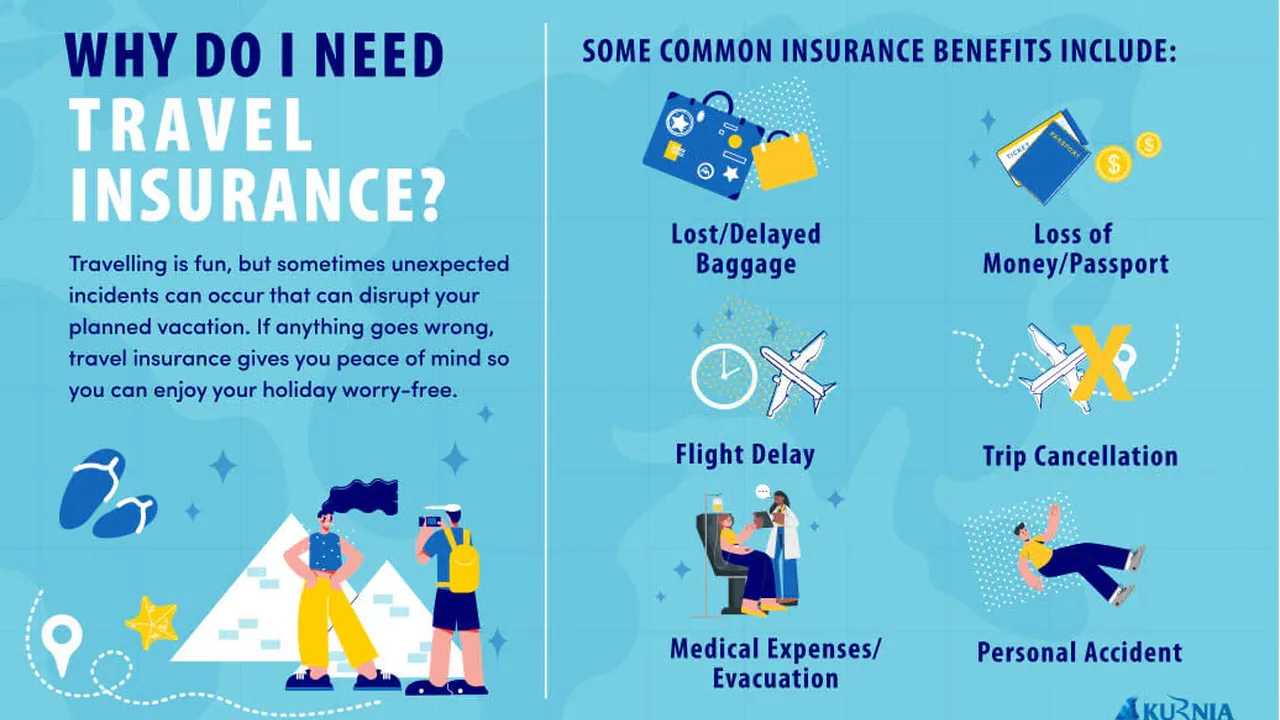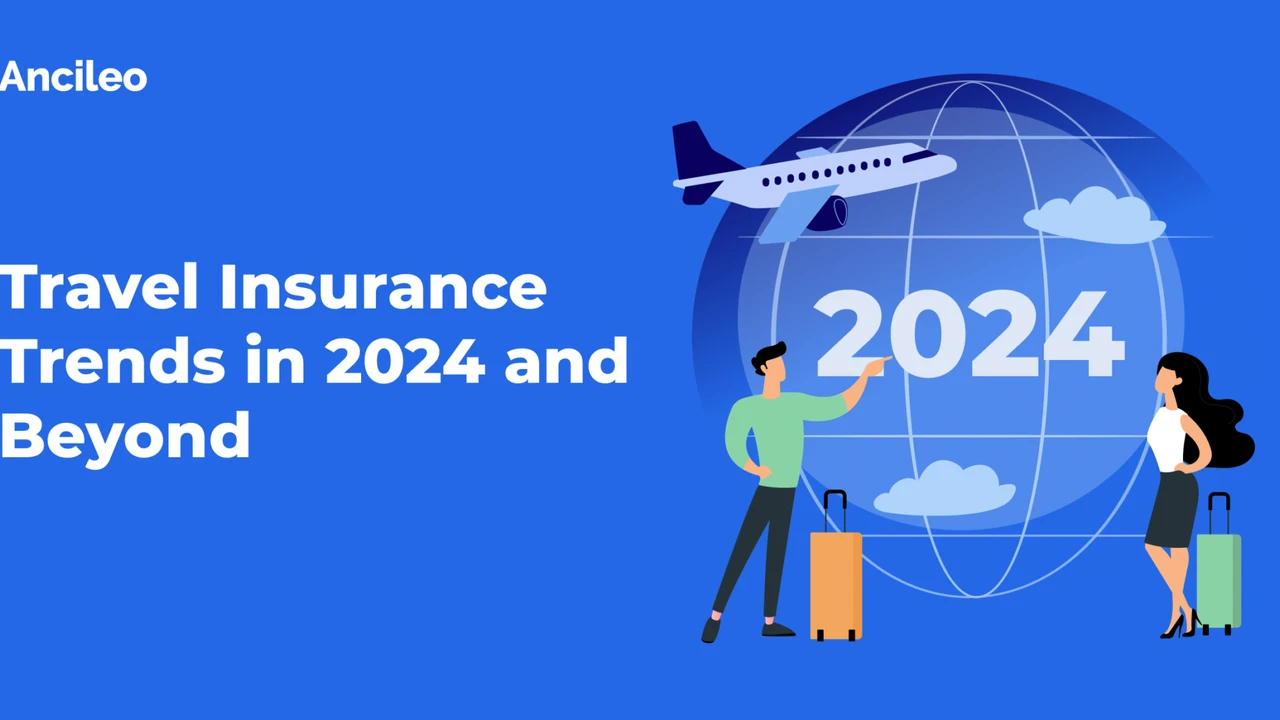How to Negotiate Better Travel Deals with Your Policy
Learn negotiation tactics and policy clauses that can help secure more favorable rates with airlines and hotels.

Unlocking Savings Through Strategic Travel Policy Negotiation
So, you've got a travel policy. Great! But is it just a set of rules, or is it a dynamic instrument for cost reduction? Many companies view their travel policy as a compliance document, which it is, but it also holds immense potential for negotiation. Think of it as your company's leverage in the travel marketplace. When you approach airlines, hotels, or car rental agencies, your policy isn't just about what your employees can and can't do; it's about the volume of business you represent, the consistency of your bookings, and your commitment to certain vendors. This is where the magic happens.
Understanding Your Negotiation Power Travel Volume and Consistency
Before you even think about negotiating, you need to understand your own strength. What's your annual travel spend? How many room nights do you book? How many flights? This data is gold. Airlines and hotels are businesses, and they love predictable, high-volume clients. If you can demonstrate consistent travel volume, even if it's not astronomical, you have a strong case for better rates. Your travel policy should encourage this consistency. For example, mandating preferred airlines or hotel chains, even with slight flexibility, signals commitment to vendors. This isn't about restricting choice for your employees; it's about consolidating your buying power. Imagine telling a hotel chain, 'We guarantee X number of room nights across your properties globally, provided we get Y discount and Z perks.' That's a powerful statement.
Crafting Policy Clauses for Negotiation Leverage Preferred Vendor Agreements and Discounts
Your travel policy isn't just a rulebook; it's a negotiation blueprint. Specific clauses can be designed to facilitate better deals. For instance, a clause stating a preference for a certain airline or hotel chain, or even a travel management company (TMC), can be a starting point for a preferred vendor agreement. These agreements often come with negotiated corporate rates, which are typically lower than publicly available rates. But don't stop there. Push for added value: free Wi-Fi, complimentary breakfast, late check-out, upgrades, or even dedicated account managers. These 'soft' benefits can significantly improve the employee experience while still saving money in the long run by reducing incidental expenses. Your policy should clearly outline the benefits of using preferred vendors and the process for booking through them. This encourages adoption and strengthens your negotiation position for the next contract renewal.
Negotiating with Airlines Securing Corporate Fares and Benefits
Airlines are a big chunk of travel spend. When negotiating with them, highlight your annual flight volume, common routes, and class of travel. Many airlines offer corporate programs that provide discounted fares, flexible ticketing options, and even perks like lounge access or priority boarding for frequent travelers. Your travel policy can mandate the use of these corporate codes or booking channels. For example, a policy might state, 'All domestic flights must be booked through our preferred airline partner using the corporate booking portal to access negotiated rates.' This ensures compliance and maximizes your savings. Don't be afraid to ask for volume-based discounts, especially if your company has a significant presence on specific routes. Consider a 'last seat availability' clause in your agreement, meaning you can access your negotiated rate even on full flights, which is a huge benefit during peak travel times.
Hotel Negotiations Beyond the Rack Rate Corporate Hotel Programs and Amenities
Hotels are another prime area for negotiation. Beyond just a discounted room rate, think about what else you can get. Many hotel chains have corporate programs that offer a percentage off the best available rate, but you can often negotiate further. If your company frequently sends employees to a specific city, consider negotiating a fixed corporate rate for a particular hotel or a small group of hotels. This provides predictability and often comes with added benefits like complimentary breakfast, free Wi-Fi, and late check-out. Your travel policy should guide employees towards these preferred properties. For instance, 'Employees traveling to [City Name] are required to book accommodations at [Preferred Hotel A] or [Preferred Hotel B] to leverage our negotiated corporate rates and amenities.' This not only saves money but also ensures a consistent and often more comfortable experience for your travelers. Don't forget to negotiate for meeting room discounts if your company frequently hosts events or meetings at hotels.
Ground Transportation and Car Rentals Driving Down Costs
Ground transportation, while seemingly smaller, can add up. Negotiating with car rental companies can yield significant savings. Look for corporate discount codes that offer a percentage off daily rates, unlimited mileage, and even free upgrades. Your policy can specify preferred car rental agencies. For ride-sharing services, while direct negotiation is harder, you can integrate corporate accounts that allow for centralized billing and expense tracking, which indirectly saves time and administrative costs. For example, 'Employees are encouraged to use our corporate account with [Ride-sharing Service] for business-related ground transportation to ensure proper expense tracking and access to any negotiated benefits.' For long-term projects, consider negotiating weekly or monthly rates for car rentals, which are often much cheaper than daily rates.
Leveraging Technology for Negotiation and Compliance Travel Management Platforms
This is where technology becomes your best friend. Modern travel management platforms (TMCs) and expense management software are not just for booking and reporting; they are powerful negotiation tools. They provide the data you need to understand your spending patterns, identify negotiation opportunities, and enforce policy compliance. Here are a few examples:
SAP Concur Comprehensive Travel and Expense Management
SAP Concur is a behemoth in the travel and expense management space. It offers a comprehensive suite that allows you to manage everything from booking flights and hotels to processing expense reports. Its strength lies in its robust reporting capabilities, which can give you granular insights into your travel spend. This data is invaluable when negotiating with vendors. You can see exactly how much you're spending with each airline, hotel chain, or car rental company, allowing you to approach them with concrete figures. Concur also allows you to embed your travel policy directly into the booking process, guiding employees towards preferred vendors and negotiated rates. If an employee tries to book outside policy, it can flag it for approval or even prevent the booking. Pricing for Concur is typically subscription-based, varying significantly based on company size, modules used, and transaction volume. For a medium-sized business, you might be looking at several thousand dollars per month, but the ROI from savings can be substantial.
TripActions AI Powered Travel Management
TripActions (now Navan) is known for its AI-powered platform and focus on employee experience. It uses machine learning to personalize travel options while still adhering to policy. What makes it great for negotiation is its real-time data analytics. It can show you not just what you've spent, but also potential savings if employees had chosen different options within policy. This 'what if' scenario data is powerful for demonstrating value to vendors. TripActions also offers a strong incentive program for employees who book within policy, further driving compliance and strengthening your negotiation position. Their pricing model is also subscription-based, often with a per-trip fee component, making it scalable for businesses of various sizes. Expect similar pricing tiers to Concur, depending on features and usage.
Egencia Expedia Group Business Travel Solutions
Egencia, part of the Expedia Group, leverages Expedia's vast network of suppliers. This gives you access to a wide range of options and often competitive rates. Egencia's platform allows for easy policy configuration and enforcement, ensuring employees book within guidelines. Their reporting tools are strong, providing insights into spending and compliance. The direct connection to Expedia's inventory can sometimes mean better last-minute deals or access to properties that might not be on other platforms. Egencia's pricing is typically a combination of subscription fees and transaction fees, making it a flexible option for many businesses. Their global reach is a significant advantage for companies with international travel needs, providing a unified platform for all regions.
TravelPerk Flexible Business Travel Management
TravelPerk prides itself on its flexibility and 24/7 customer support. It offers a comprehensive platform for booking, managing, and reporting business travel. A key feature for negotiation is its 'FlexiPerk' option, which allows for refundable bookings even on non-refundable fares, providing immense flexibility and peace of mind. While this isn't direct negotiation, it reduces risk and can lead to overall savings by avoiding cancellation penalties. TravelPerk's reporting is robust, giving you the data needed to approach vendors. Their pricing is tiered, starting with a free basic plan and scaling up to enterprise solutions with per-trip fees or monthly subscriptions. This makes it accessible for smaller businesses while still offering powerful features for larger organizations.
Rydoo Expense Management and Travel Booking
Rydoo focuses on simplifying expense management and integrating it with travel booking. While not a full-fledged TMC like the others, its strength lies in its user-friendly interface and real-time expense tracking. For negotiation, Rydoo's detailed expense data can highlight areas of overspending or non-compliance, which can then be used to refine your policy and approach vendors. It integrates with various booking tools, allowing you to enforce policy at the point of sale. Rydoo's pricing is typically per-user per month, making it a cost-effective solution for companies primarily focused on streamlining expense reporting alongside basic travel booking. It's a good option for companies that might already have preferred booking channels but need better expense control and data.
These platforms provide the data and enforcement mechanisms that are crucial for effective negotiation. They allow you to track compliance, identify areas of overspending, and present concrete data to vendors, strengthening your position.
The Art of the Deal Beyond Discounts Added Value and Flexibility
Negotiation isn't just about getting the lowest price. It's also about added value and flexibility. Can you get free changes on flights? Waived baggage fees? Complimentary upgrades for your top travelers? These perks might not show up as a direct discount on a spreadsheet, but they significantly enhance the employee experience and can reduce incidental costs. Flexibility is key, especially in today's unpredictable travel landscape. Negotiate for more lenient cancellation policies or the ability to rebook without hefty fees. Your travel policy can then reflect these negotiated benefits, encouraging employees to utilize them. For example, 'Employees are encouraged to utilize the complimentary baggage allowance provided by our preferred airline partner.' This reinforces the value of your negotiated deals.
Continuous Review and Adaptation Keeping Your Policy Agile
The travel landscape is constantly changing. Fuel prices fluctuate, new airlines emerge, and hotel chains merge. Your travel policy and your negotiated deals shouldn't be static. Schedule regular reviews, perhaps annually or bi-annually, to assess your travel spend, compliance rates, and the effectiveness of your current vendor agreements. Use the data from your travel management platform to identify new negotiation opportunities. Are your employees frequently traveling to a new city? That's a new opportunity to negotiate with hotels there. Is a new airline offering competitive rates on a popular route? Use that as leverage with your current preferred carrier. An agile travel policy is one that adapts to market conditions, ensuring you're always getting the best possible deals.
Empowering Employees The Role of Communication and Training
Finally, your best negotiation efforts will fall flat if your employees don't understand or adhere to the policy. Communication is key. Clearly articulate the benefits of using preferred vendors and following policy guidelines. Explain how these efforts contribute to the company's bottom line, which in turn benefits everyone. Provide training on how to use the booking tools and where to find the negotiated rates. When employees understand the 'why' behind the policy, they are more likely to comply, which strengthens your overall negotiation position. Consider creating a simple, easy-to-understand guide or FAQ for your travel policy, highlighting the negotiated benefits and how to access them. A well-informed employee is your best ally in securing better travel deals.
:max_bytes(150000):strip_icc()/277019-baked-pork-chops-with-cream-of-mushroom-soup-DDMFS-beauty-4x3-BG-7505-5762b731cf30447d9cbbbbbf387beafa.jpg)






